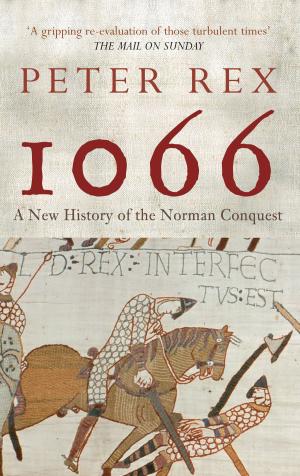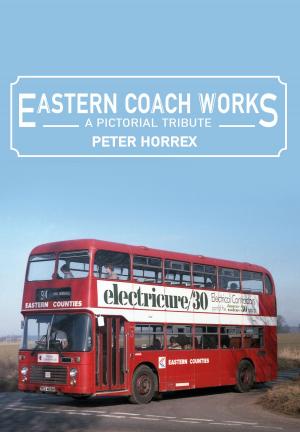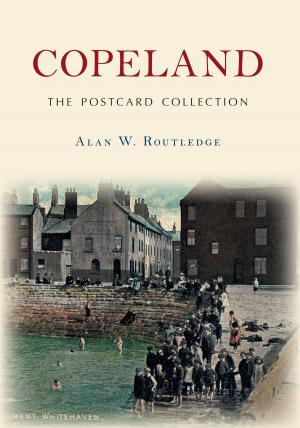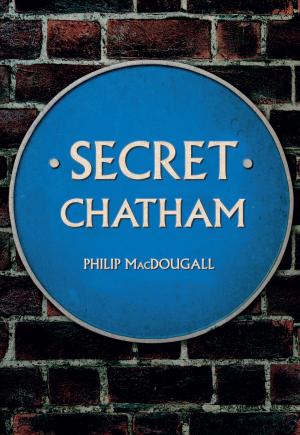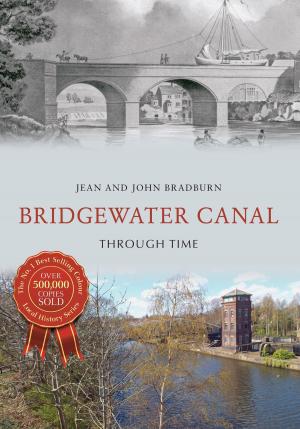| Author: | Maxwell Craven | ISBN: | 9781445653709 |
| Publisher: | Amberley Publishing | Publication: | September 15, 2016 |
| Imprint: | Amberley Publishing | Language: | English |
| Author: | Maxwell Craven |
| ISBN: | 9781445653709 |
| Publisher: | Amberley Publishing |
| Publication: | September 15, 2016 |
| Imprint: | Amberley Publishing |
| Language: | English |
Derby’s history goes back almost 2,000 years, despite a refoundation on a revised site in the tenth century. It is a county town but in the seventeenth and eighteenth centuries it was home to a number scientific and entrepreneurial innovators. Their efforts led to a radical transformation of the borough in the Regency period, which was followed by the introduction of heavy industry: iron founding, railways and textiles. In the twentieth century, some of the older industries went into eclipse and were succeeded by new, high-tech ones. Derby became the focus of a new diocese in 1927, was elevated to city-status in 1977 and entered the present century much expanded and with a lot to look forward to. Yet Derby retains much of its historic core and is full of neglected corners, lost elements and little-known aspects, some of which were once crucial components of its long history, such as missing medieval churches, impressive ancient houses, unexpected survivals and partly unrealised 1930s’ urban renewals. If you think you know your Derby – think again!
Derby’s history goes back almost 2,000 years, despite a refoundation on a revised site in the tenth century. It is a county town but in the seventeenth and eighteenth centuries it was home to a number scientific and entrepreneurial innovators. Their efforts led to a radical transformation of the borough in the Regency period, which was followed by the introduction of heavy industry: iron founding, railways and textiles. In the twentieth century, some of the older industries went into eclipse and were succeeded by new, high-tech ones. Derby became the focus of a new diocese in 1927, was elevated to city-status in 1977 and entered the present century much expanded and with a lot to look forward to. Yet Derby retains much of its historic core and is full of neglected corners, lost elements and little-known aspects, some of which were once crucial components of its long history, such as missing medieval churches, impressive ancient houses, unexpected survivals and partly unrealised 1930s’ urban renewals. If you think you know your Derby – think again!




